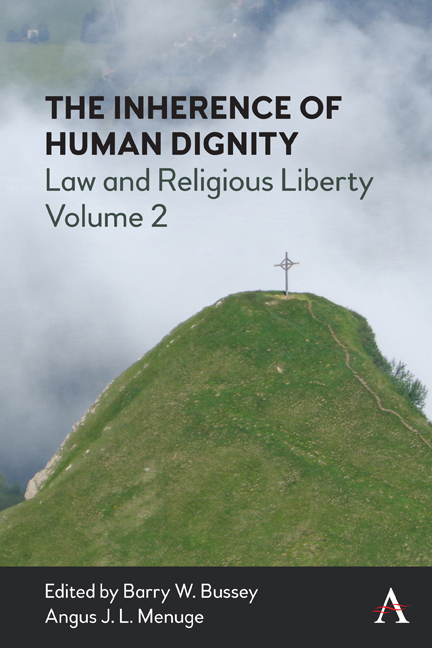Chapter Eleven - Trinity Western University and the Future of Conservative Religious Education
Published online by Cambridge University Press: 24 February 2022
Summary
I Introduction
The extent to which minority religious communities should be protected when their convictions differ from mainstream society is one of the more challenging aspects faced by our lawmakers. A central area where this challenge arises is education where religious schools, universities and other educational organizations are established and operated according to religious convictions that violate deeply rooted beliefs about justice held by others in society.
The extent to which such religious organizations should be allowed to operate was addressed by the Supreme Court of Canada in Law Society of British Columbia v. Trinity Western University and Brayden Volkenant [2018] 2 SCR 293 (hereinafter: Law Society of B.C.) and Trinity Western University and Brayden Volkenant v. Law Society of Upper Canada [2018] 2 SCR 453 (hereinafter: Trinity Western).
Trinity Western University is a private Christian university based in the Canadian province of British Columbia. It required all staff members and students to agree to a code of conduct known as the Community Covenant Agreement (hereinafter: the Covenant) as a condition of attendance or employment. The Covenant expressed traditional Christian beliefs and required a person to live according to a set of moral principles that included abstaining from ‘sexual intimacy that violates the sacredness of marriage between a man and a woman’ (3). The Covenant applied to the conduct of employees and students on and off campus, and members were expected to hold each other accountable for complying with the Covenant, which could include making a complaint to the university administration that a person was violating the Covenant.
In 2012, the university decided to establish a law school for approximately 170 students. It received approval from the Federation of Law Societies of Canada, but was ultimately rejected by the law societies of Ontario, Nova Scotia and British Columbia (Bussey 2019, 141–52). The law societies refused to accredit the proposed law school on the basis that requiring students to abstain from sexual activity outside a heterosexual marriage would adversely impact LGBT students and the wider community.
Trinity Western University and one of its graduates (who hoped to attend the law school) (hereinafter: both referred to as ‘TWU’) asked the courts to review the decisions of the law societies. The Supreme Court and Court of Appeal of both British Columbia and Nova Scotia ruled in favour of TWU.
- Type
- Chapter
- Information
- The Inherence of Human DignityLaw and Religious Liberty, Volume 2, pp. 185 - 202Publisher: Anthem PressPrint publication year: 2021



